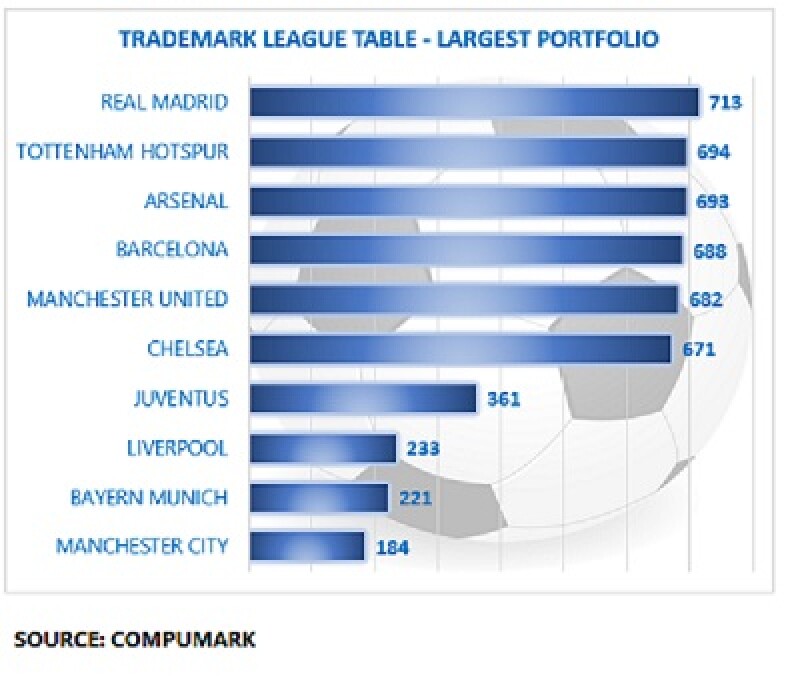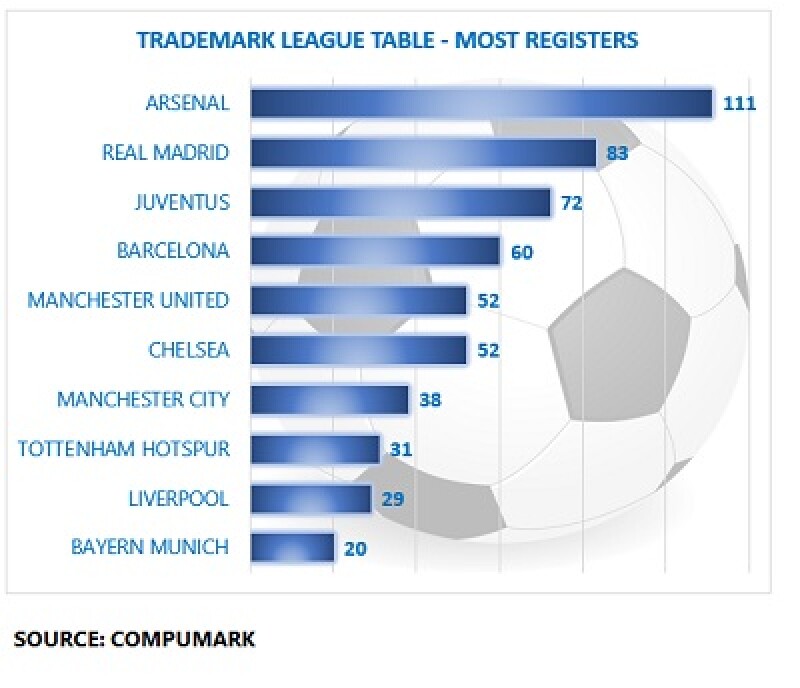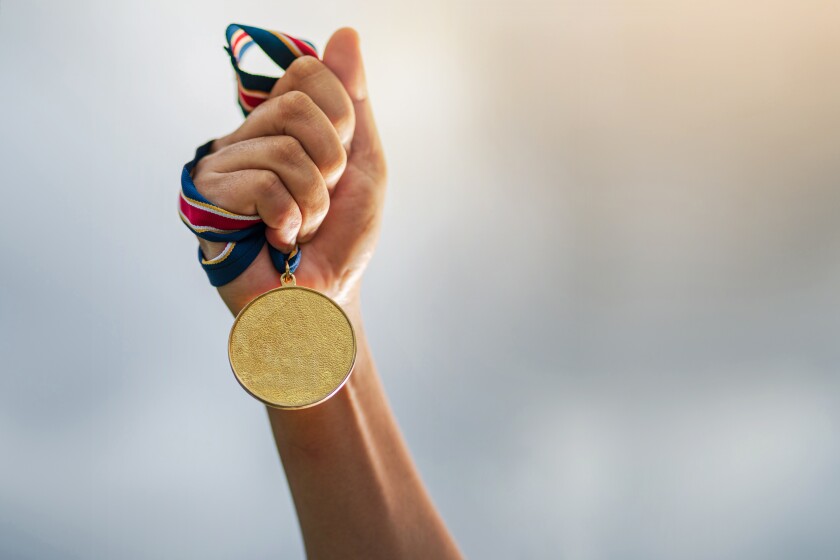World IP Day is held annually on April 26 and this year’s theme is “Reach For Gold: IP and Sports”. IP spills into the world of sport in myriad ways with patents, trademarks and copyright all playing a key role in the sporting arena.
A look through the annals of legal history indicates that IP has always been important in relation to sport. The 1985 UK case, Windsurfing International v Tabur Marine, concerned a sailboard and dealt with the issue of obviousness due to prior use. As Peter Gray, partner at Mathys & Squire in the UK, notes, “this case set a fundamental legal precedent on whether a concept is inventive enough to warrant being granted a patent.” A more recent case exemplifying the significance of IP in the sporting world is Nike’s assertion that Puma infringed its Flyknit technology patent. The case is ongoing.
Patents are crucial for protecting all sorts of new sporting technology. The WIPO website gives the example of “smart sports equipment embedded with sensors” which allows athletes, and ordinary people, to monitor their performance. Design, of course, is central to the sports industry, with different brands producing unique clothes, trainers and equipment.
Trademarks are also important, particularly in the football world, for which CompuMark has provided league tables based on portfolio size and register protection scope. According to Table 1 (below), Spanish club Real Madrid lead the way with 713 trademarks, beating English team Tottenham with 694. Madrid’s arch rivals Barcelona appear fourth in the table, just behind Arsenal, Tottenham’s North London enemies.

Arsenal have their marks on the most registers worldwide: 111 (see Table 2, below). Real Madrid come second on this occasion, with 83, while Juventus, Italy’s most successful club, have 72. CompuMark said these figures are a potential measure of how global the clubs’ business activities are (and by proxy their fanbase).

Going for gold
Football clubs like Manchester United use their brand extensively to generate revenue. Lee Curtis, partner at law firm HGF based in Manchester, asserts that clubs no longer make most of their money from tickets but rather from merchandising, particularly international merchandising.
According to Curtis, football teams enter into a range of sponsorship deals, lending their brand to items often unconnected to football. By doing this, “they leverage all the emotion and loyalty surrounding their club.” Athletes also transform themselves into brands, trademarking their name in various classes. Usain Bolt has trademarked his name in a range of classes in the EU, including class 9 (eyewear and accessories) and class 14 (clocks and watches).
Sponsorship deals also encompass contracts in which big companies use their brand to support a particular event. An apt example is the brands that sponsor the Olympics. These brands are able to benefit financially from the event, capitalising on the goodwill created by the games and the ability to expose their trademark to large crowds.
Gray sums up the importance of trademarks in the sporting realm: “Without trademark protection it would be hugely difficult for sports personalities and teams to monetise their brands through merchandising and sponsorship. Without the income this generates, the quality of sport for spectators would undoubtedly suffer.”
Copyright law also plays a crucial role in sport, with exclusive broadcasting rights keenly sought after by media companies. The money paid for these rights helps finance the events we all enjoy watching on TV.
Meanwhile, a UKIPO report about IP in the UK sports sector, published in recognition of World IP Day, demonstrates the relationship between IP and sport. The report reveals that the UK files more rugby-related patent applications than any other country. It is also the second highest filer of golf club patents in Europe.
This year’s focus on sport follows 2018’s theme of “Powering change: Women in innovation and creativity” and 2017’s topic, "Innovation – Improving Lives".











